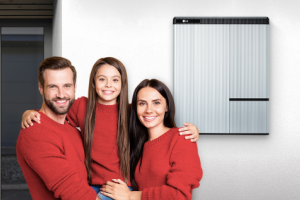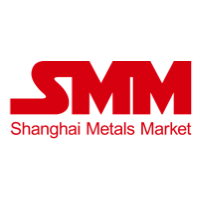LG
Find information on LG Home Battery RESU, Grid-scale, C&I(Commercial & Inudstrial), and UPS batteries.

www.lgessbattery.com
Panasonic
Store your surplus solar power for when you need it most and never be left in the dark again.

na.panasonic.com
Currently Tesla have approximately 10% of the global stationary storage market, which is approximately equal in % to BYD and Sungrow (by eye on these charts). The HyperStrong, Nextera, Huawei, Fluence, Powin, KEHUA TECH and Narada players all range about 5% down to 3%. So that is about 50-60% of the global stationary storage market in the hands of the top 10 players. Looking at the charts the top 20 players (so including Nextera, SMA, Canadian Solar, etc) total about 70-80% of the market.
According to SMM statistics, the global energy storage system shipments in 2023H1 reached 72.4 Gwh. China’s shipments were 47Gwh, accounting for 65%; overseas shipments were 25.4Gwh, accounting for 35%; global energy storage system shipments were still dominated by Chinese integrators. Tesla’s...

news.metal.com
An important difference is that some (but definitely not all at scale) of those storage players also do solar manufacturing. So for example 2022 was 270GW of solar modules (of which Tesla installed 0.3 GW ....). Again - as always - be careful to distinguish between manufacture and install. The biggest PV module manufacturers are pure plays mind you - for example BYD at 1-2GW (I think) is a very small scale player.
TrendForce has ranked the top six module manufacturers by shipment volume in 2022, with Longi topping the list, followed by Trina Solar and JinkoSolar. JA Solar, Canadian Solar, and Risen Energy rounded out the top six, in a year dominated by large-format modules.

www.pv-magazine.com
And Tesla is finally starting to address this by changing its solar strategy: outsourcing install. The problem that Tesla has is that solar tiles are a deadend bet versus modules, and if Tesla drops the tiles then it is just a module reseller (intermediary) for the big (Chinese) solar manufacturers. Not really a value-add.
Tesla is evidently changing its solar strategy by starting to move away from having its own installers and relying more...

electrek.co
I don't know if Tesla needs to own the full stack. It may be that PV module manufacturing remains best addressed as a separate pure play. There are precedents - automotive and petroleum industries were absoltely interdependent, but almost entirely separate. For now it is better that Tesla get the storage + inverter + software part of the stack right as they do have a chance to remain a significant player in that area. Holding a 10% global market share of that and a top-three place would be nice. And let us be clear - Tesla is not there yet as it does not yet have a top 3 place in inverters, nor a 10% market share in them.








